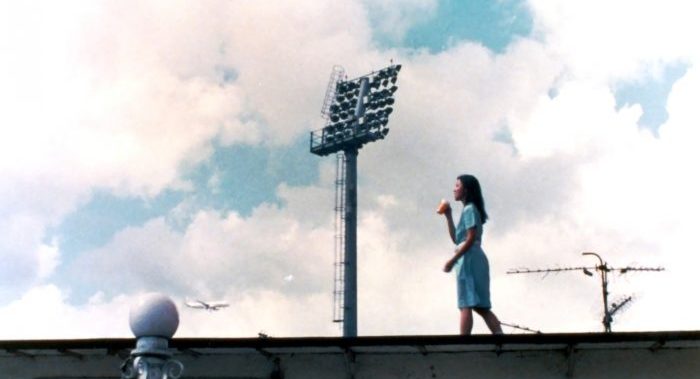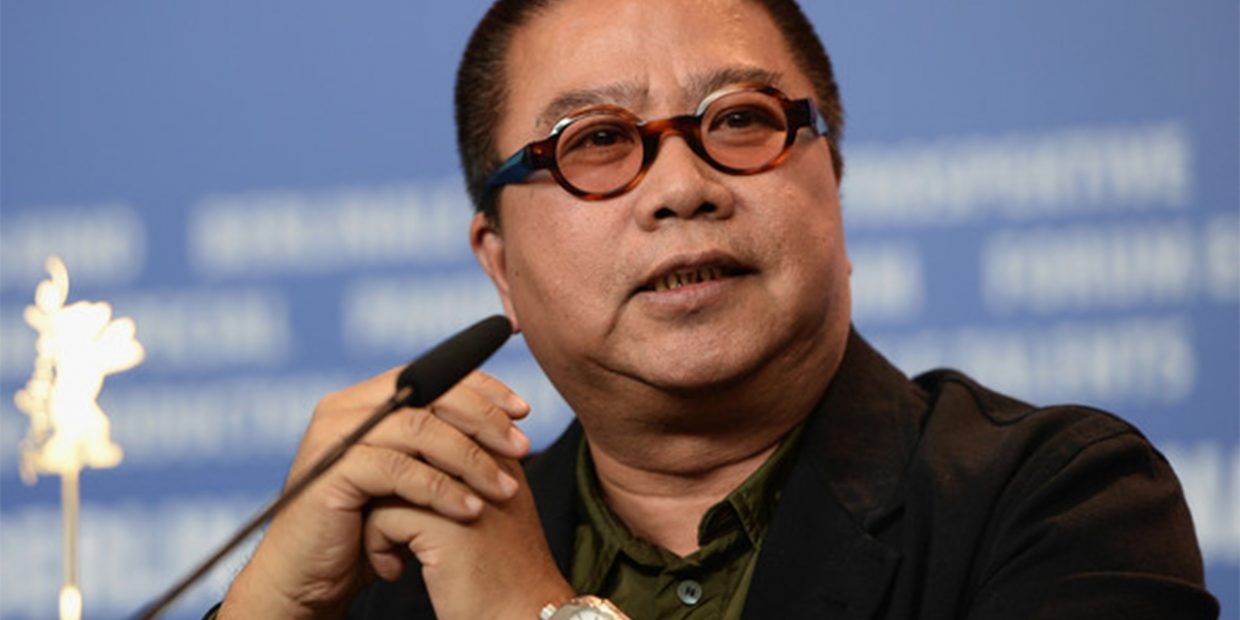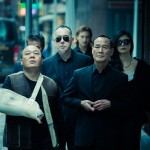Almost two decades since its initial theatrical run, Fruit Chan’s low-budget coming-of-ager Made in Hong Kong remains a volatile document of the cinematic and sociocultural identity of its titular metropolis in the pivotal year of 1997. Its loosely structured tale of restless and impulsive youth – with subjects ranging from triad dealings and young lust to terminal illness and teen suicide – presents a tragicomic vision of inner-city life that is equal parts raw and trippy.
With the 4K restoration of Chan’s cult film receiving its international premiere at the 19th Far East Film Festival in France, we took the opportunity to speak to the director about this era-defining work.
Made in Hong Kong is often regarded a response to the 1997 Hong Kong handover. How do you feel about this interpretation?
It depends how you define the film. You can define it in terms of this background and say it’s about the handover, since it came out in 1997. However, if you define this as a character-driven movie then it’s about the protagonists and this young man’s journey.
What to you does it mean for a film to be ‘made in Hong Kong’?
The movie was set in Hong Kong, of course, so there’s a good reason why it’s titled Made in Hong Kong, but it’s set in an environment with all these subsidised housing projects. Because of the high density of the population, 60% of the Hong Kong people have to live in this subsidised housing. These are the living conditions of average people. It’s a very Hong Kong thing. And the story of this protagonist, his struggle, his growing up, his lifestyle, was also very common for a lot of young people at the time. So all this combined is a Hong Kong story.

So do you feel that your representation of Hong Kong in this film is more authentic than we usually get in Hong Kong cinema?
The content is authentic but through its cinematic treatment, the film is not just a realistic observation. The artistic treatment of the film is beyond simple ‘the chair is the chair’ kind of shooting. There’s more to it than that. But the content, the story, is very authentic. If you’re making your film to be almost like a documentary then you shouldn’t add your own viewpoint; there should not be anything dramatized.
Would you say that this film also contains an element of fantasy alongside its authenticity?
The fantasy is contained in the meaning, contained in how life is very hard and sometimes you will find that you are helpless in life. You cannot control how life develops. Fantasy also implies dreams, your dream. In the whole film, they talk about people: people who want to die but cannot die, people who don’t want to die but actually die. Maybe that’s the fantasy of this movie. It’s a philosophical aspect of the film.
Given the increasing influence of mainland China on Hong Kong cinema, with more and more releases being Hong Kong-mainland coproductions, do you worry that Hong Kong is losing the rebellious, independent spirit that we see in films like this?
Regardless of the influence of the mainland movie industry and the commercial films penetrating the market, at the end of the day it all depends on the independent filmmakers. Whether you actually have something to say, whether you have a point to make, you can make it any way you want and it won’t be affected by this situation with China. If you want to tell a Hong Kong story, your Hong Kong story will stay Hong Kong. If you want to make a commercial movie, the outcome will change. So it depends how the filmmaker wants to make their movie.





